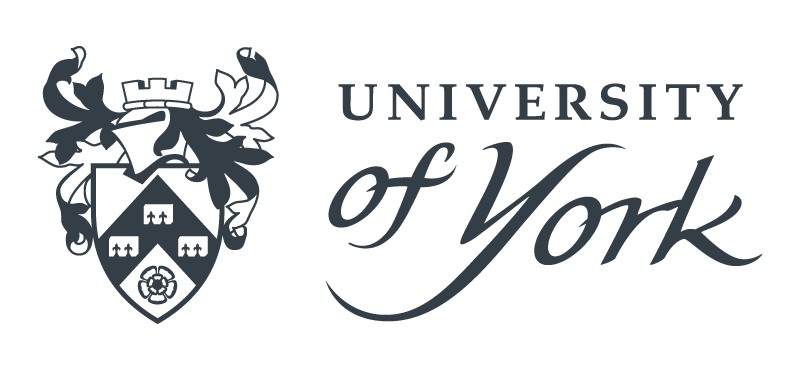Privately-Owned English Urban Manuscripts, 1300-1476 (Urban Manuscript Project)
Claire Jones, 2008. https://doi.org/10.5284/1134909. How to cite using this DOI
Data copyright © Prof Felicity Riddy unless otherwise stated
This work is licensed under the ADS Terms of Use and Access.
Primary contact
Prof
Felicity
Riddy
Deputy Vice-Chancellor
University of York
Heslington Hall
Heslington
York
YO1 5DD
England
Resource identifiers
- ADS Collection: 780
- DOI:https://doi.org/10.5284/1134909
- How to cite using this DOI
Introduction
The production of this database of Privately-Owned English Urban Manuscripts (c. 1300- c. 1500) was funded by a three-year grant from the Arts and Humanities Research Council. The data collected aims to address the following questions:
- who were the private owners of books in late-medieval towns?
- what did their books contain?
- who produced them?
- was there a distinctive urban literate culture?
The database contains full codicological descriptions of over 300 manuscripts which were either produced or owned in an urban environment, or which contain material relating to a specific town. 305 manuscripts have been included in the database on the grounds that they fulfil one or more of these criteria: 215 are designated 'urban' because of ownership, 165 because of production and a further 60 as a result of their content.
Manuscripts included in the database can be associated with the following 31 urban centres: Beverley, Boston, Bristol, Bury St Edmunds, Cambridge, Canterbury, Chester, Colchester, Coventry, Durham, Exeter, Great Yarmouth, Hereford, Ipswich, Lavenham, Leicester, Lincoln, London, Lynn (King's Lynn), Norwich, Oxford, Plymouth, Portsmouth, Reading, Rochester, Salisbury, Scarborough, St Albans, Winchester, Worcester, York. 302 individual owners and 121 individual producers are entered in the database. In total, the manuscripts contain 3129 individual texts written in English, Latin, French, Anglo-Norman, Greek and Portuguese.
If you have any comments on the contents of this archive please address them to the depositor.




